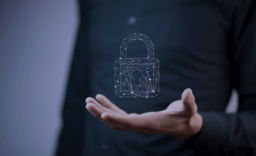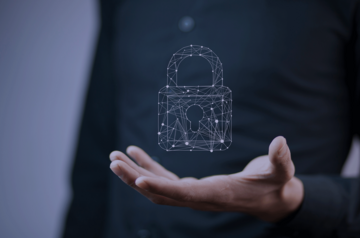SecurityTech by G+D
We shape trust in the digital age
At G+D, we are creating confidence, with built-in security tech in three segments: Digital Security, Financial Platforms and Currency Technology. To our customers, we have been a reliable partner for more than 170 years. With our offering, we are well positioned to support them on their future journey. Discover our innovative SecurityTech solutions!
Career
Spread your wings at G+D
We’ll help you develop your talent – whichever of our specialist segments you choose. There’s a wealth of opportunities available for you to increase your skills and grow in your chosen field. G+D has been all about trust and security for 170 years – and today our business is more essential than ever. Advance your career in the industry of the future!
What we offerThe G+D Magazine
Discover Spotlight
Spotlight explores the big topics of our time, offering expert opinion and insights into technological innovation, security and efficiency.
READ MOREGet in touch
If you have any questions about our end-to-end business solutions or about our SecurityTech company, seek expert advice, or want to give us your feedback, our team is here to support you, anytime.














